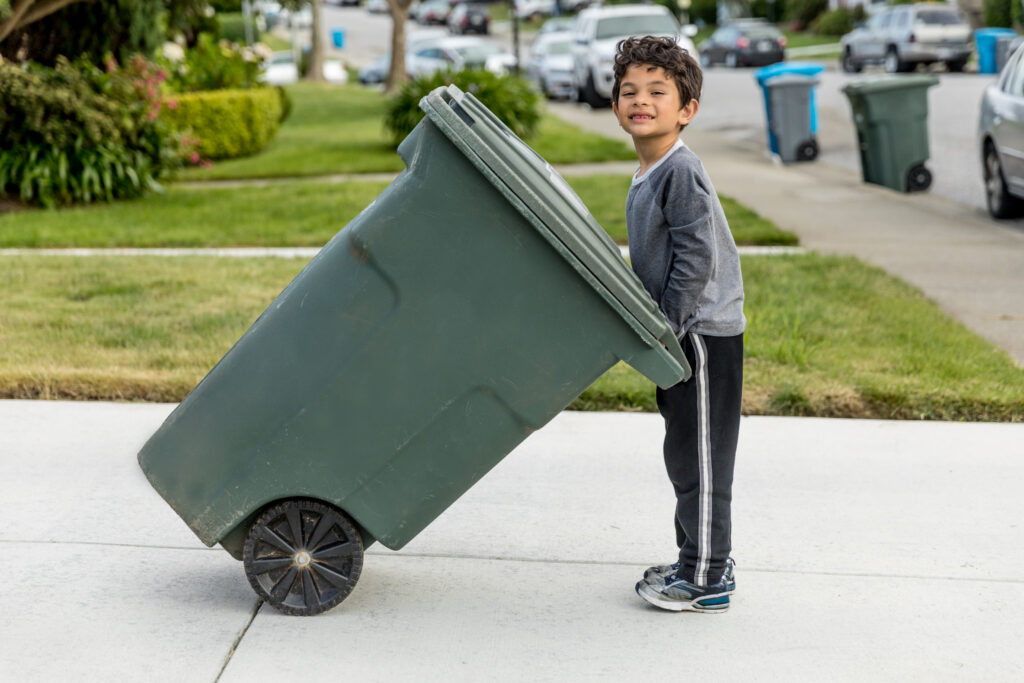
Efficient Home Leftover Disposal: Minimize Waste, Maximize Sustainability
Home leftover disposal is a crucial aspect of responsible waste management, contributing to both a cleaner living space and a more sustainable environment. In this article, we explore strategies for efficient home leftover disposal, emphasizing the importance of minimizing waste and adopting practices that align with broader sustainability goals.
Understanding the Impact of Leftover Waste
Leftover waste in households can include food scraps, expired pantry items, and unused products. Understanding the impact of leftover waste is essential for individuals and communities. Improper disposal can lead to environmental problems, including increased methane emissions from landfills and potential contamination of soil and water. Minimizing leftover waste is a proactive step towards mitigating these impacts.
Reducing Food Waste Through Smart Planning
A significant portion of leftover waste often comes from food items. Smart planning in the kitchen is a key strategy for reducing food waste. This includes mindful grocery shopping, proper storage of perishables, and creative meal planning to use ingredients efficiently. By minimizing food waste at the source, households can significantly reduce the amount of leftover waste that needs disposal.
Composting as a Sustainable Solution
Composting is an eco-friendly method for disposing of certain types of leftover waste, particularly organic matter like fruit and vegetable scraps. Establishing a composting system in the backyard or using indoor composting bins can turn leftover food into nutrient-rich compost for gardens. Composting not only reduces the volume of waste sent to landfills but also contributes to soil health and sustainability.
Donation Programs for Non-Perishable Items
Leftover disposal doesn’t always mean throwing items away. Non-perishable food items that are still safe for consumption can be donated to local food banks or community programs. Many organizations accept canned goods, pantry staples, and other non-perishables to distribute to those in need. Participating in donation programs is a meaningful way to address leftover waste while supporting the community.
Repurposing Leftover Items in Creative Ways
Repurposing leftover items can be both practical and enjoyable. For example, food scraps like vegetable peels and coffee grounds can be used in DIY cleaning solutions or as natural fertilizers for plants. Leftover fabric or materials from projects can be repurposed into new creations. Embracing creativity in repurposing not only minimizes waste but also adds a personal touch to sustainability efforts.
Recycling Leftover Packaging and Containers
Many leftover items come with packaging or containers that can be recycled. Sorting and recycling materials like cardboard, plastic, and glass contribute to reducing the environmental impact of leftover waste. Familiarizing oneself with local recycling guidelines ensures that items are disposed of in an environmentally responsible manner.
Educational Initiatives for Conscious Consumption
Raising awareness about conscious consumption is a key aspect of efficient leftover disposal. Educational initiatives can include workshops, online resources, and community events focused on responsible consumption habits. Home Leftover Disposal offers insights into conscious consumption practices, empowering individuals to make informed choices about their leftovers.
Governmental Support for Sustainable Waste Management
Efficient leftover disposal benefits from supportive governmental policies and programs. Governments can play a role in implementing and promoting sustainable waste management practices, including recycling programs, composting initiatives, and public awareness campaigns. Advocating for and supporting these initiatives at the community level contributes to a more comprehensive approach to waste reduction.
Community-Led Initiatives for Waste Reduction
Community-led initiatives foster a sense of collective responsibility for waste reduction. Neighborhood clean-up events, recycling drives, and educational programs create a shared commitment to efficient leftover disposal. By actively participating in community-led initiatives, individuals contribute to a broader movement towards sustainable living.
Conclusion: A Sustainable Approach to Leftover Disposal
In conclusion, adopting a sustainable approach to leftover disposal involves a combination of mindful consumption, creative repurposing, and responsible waste management. Minimizing leftover waste at home contributes to a cleaner and more sustainable environment. Visit Home Leftover Disposal for resources and information on sustainable waste management, guiding individuals towards a more eco-conscious lifestyle.




